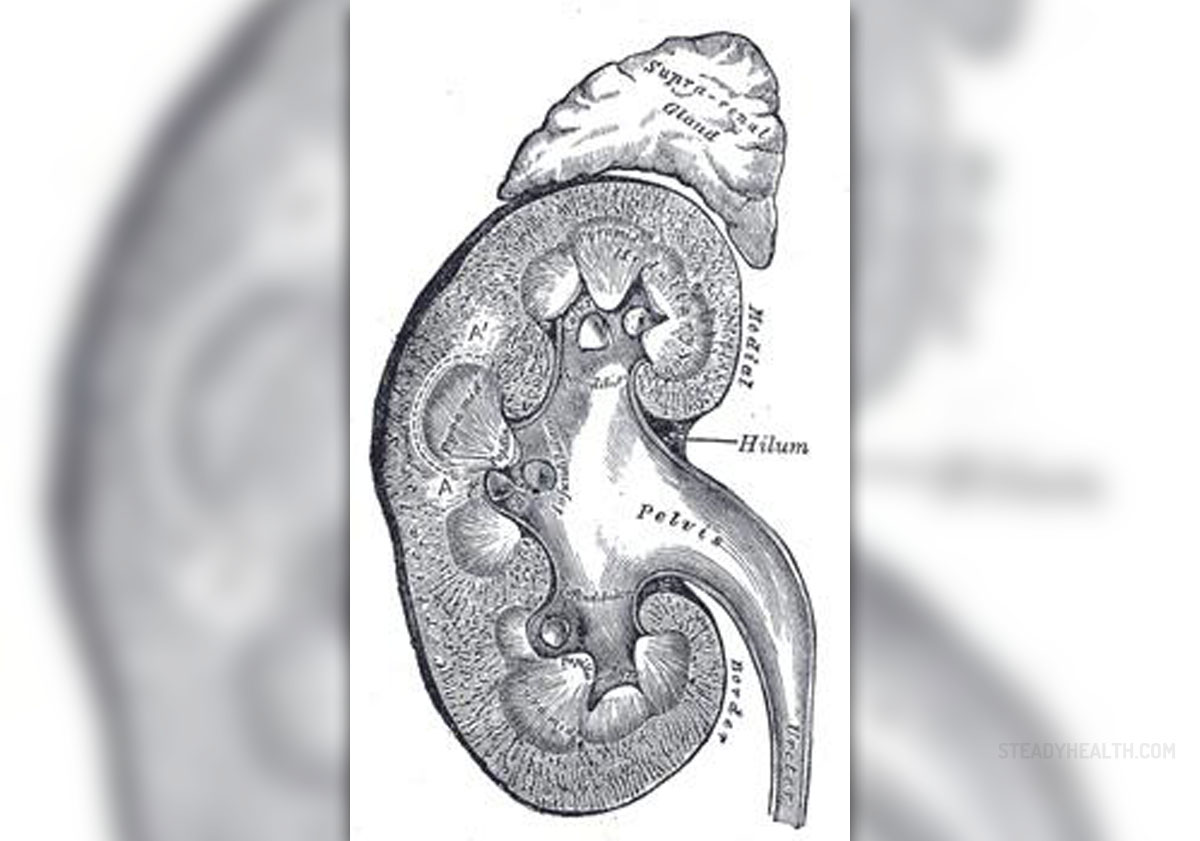
About Kidney Infection
Kidney infection (medically known as pyelonephritis) is an infection that usually starts in the lower part of the urinary tract and then spreads to the kidneys. It is a serious infection and it requires prompt and proper treatment. The goal is to eradicate the infective agents responsible for the infection and prevent recurrence of the disease. If this is not adequately achieved, a person may develop chronic kidney infection which can eventually lead to serious and irreversible damage to the organ.
Kidney infections typically lead to fever, back, side or groin pain and sometimes abdominal pain. Patients may have problems with frequent urination and strong urge to urinate particularly if the infection has started in lower parts of the urinary tract. Hematuria (blood in urine) as well as proteinuria (proteins in the blood) are two more characteristics of kidney infection. The urine may also contain pus and white blood cells.
Pyelonephritis develops as a consequence of bacterial infection. These infective agents may spread from lower parts of the urinary tract or reach the kidneys via blood. There are certain factors that contribute to this infection. Namely, pyelonephritis (and urinary tract infection in general) is more frequent among women due to specific female anatomy. The urethra in women is much shorter than in men which allows bacteria to easily enter the bladder and then spread to the kidneys. Kidney infection is also associated with obstruction in the urinary tract, intake of certain medications and damage to the nerves that innervate the bladder. Immunocompromised people are more susceptible to pyelonephritis comparing to healthy individuals.
Treatment for Kidney Infection
Antibiotics are the first line medications used in all patients suffering from kidney infection. The choice of antibiotics the doctor will prescribe basically depends on the bacteria that has led to the infection and it is best to use antibiogram which help in determination of whether specific antibiotic is effective against particular bacteria. Even though symptoms and signs of the infection soon withdraw it is essential to continue taking medications for the recommended period of time. This way the infection will be completely cured. During the treatment intake of plenty of fluids is a must.
Patients suffering from a severe form of kidney infection are hospitalized and are administered antibiotics intravenously.
Recurrent kidney infections are challenging and represents a serious problem. The goal of the treatment in this case is eradication of the bacteria and prevention of potential complications and permanent damage to the kidneys. Recurrent kidney infections associated with some abnormalities of the urinary tract are brought under control after these abnormalities are surgically repaired.
- www.nhs.uk/conditions/kidney-infection/treatment/
- www.nhs.uk/conditions/kidney-infection/
- Photo courtesy of Henry Gray (1918) Anatomy of the Human Body by Wikimedia Commons: commons.wikimedia.org/wiki/File:Kidney_section.jpg

















Your thoughts on this
Loading...